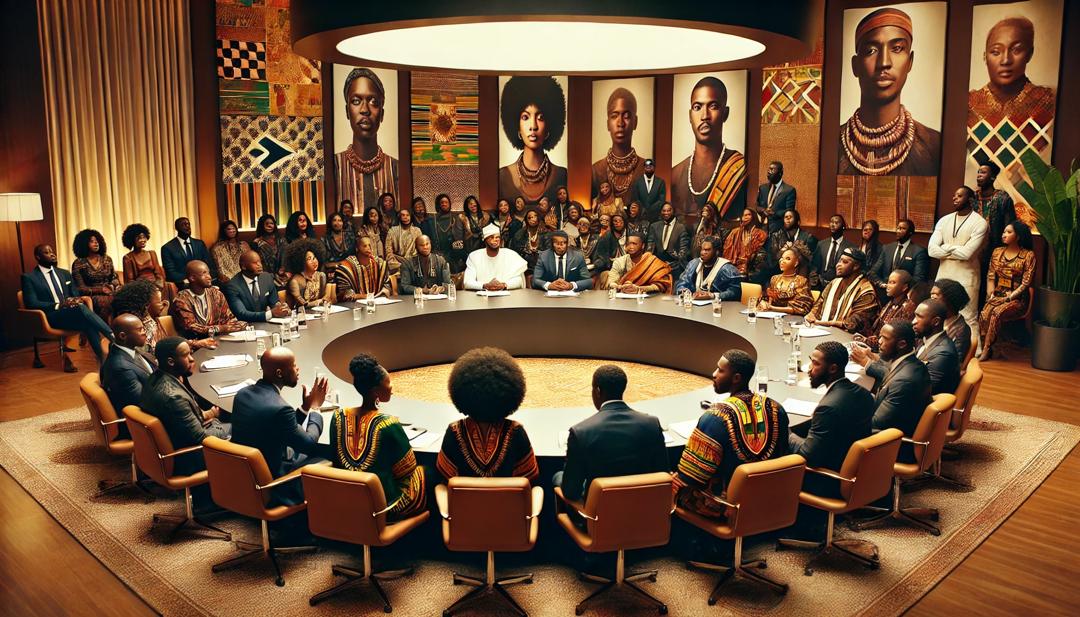In the dim chamber of decisions, their voices droned like the hum of insects on a summer’s night—mindless nattering, a symphony of self-congratulation. These were not men of thought, but of compliance, nodding like marionettes to the master’s every whim.
Their words lacked conviction, their agreement hollow, their laughter a forced punctuation to the insipid parade of ideas. It was not a council of minds but an echo chamber, where dissent was strangled before it could draw its first breath.
They wore the guise of advisors, yet they were little more than spectators applauding mediocrity, complacent yes-men lost in the soft haze of their own irrelevance.
Beneath the flickering glow of the council’s ancient fluorescents, they gather, a conclave of compliant cowards cloaked in fine robes. Their words were the dull clatter of spoons in an empty pot—unnecessary, yet unending. Each man nodded, not out of agreement but of instinct, their necks so accustomed to the motion it had become a reflex, like the twitch of a dog seeking its master’s approval.
The Supreme Commander lounged in his gilded chair, his gaze vacant, his fingers idly toying with a pen he would never use. And why should he? Thought was unnecessary here. The Great Council of Accord, as they so grandly styled themselves, had no need for innovation, no appetite for debate. Their sole function was to agree, to applaud, and to repeat.
“A most excellent proposal!” chimed one, though no proposal had been made.
“Indeed! Unmatched in its brilliance!” followed another, whose face had grown rosy with the effort of sycophancy.
The Supreme Commander grunted approval, and this was met with a round of applause so enthusiastic it might have been mistaken for the announcement of salvation itself.
Their dystopia was not built on terror alone but on the ceaseless whirring of a machine powered by mediocrity and maintained by the mindless. Each placating utterance was a rivet in the iron framework of their oppression, each murmured agreement a nail in the coffin of originality. They were not men but echoes, shadows of what humanity might have been, had courage not been taxed out of existence.
And so, the nation stumbled forward, a lumbering beast shackled by the weight of its own absurdity. Beneath the veneer of governance lay a hollow shell, a grotesque theater where leaders wore the masks of wisdom while orchestrating the farce of failure. The land, rich in potential yet barren of progress, mirrored their dysfunction—a reflection of squandered greatness.
In the end, it was not the machinery of power that betrayed them, but the operators themselves: architects of stagnation, masters of decay. And as the council disbanded for another week of meaningless rituals, the people, weary and broken, bore the burden of a country that had become the perfect portrait of its leadership—an artless masterpiece of mismanagement.

